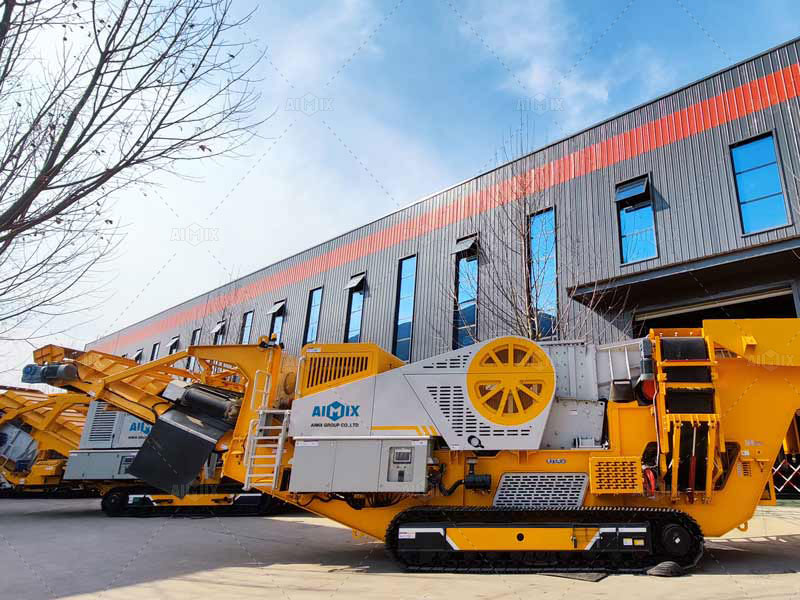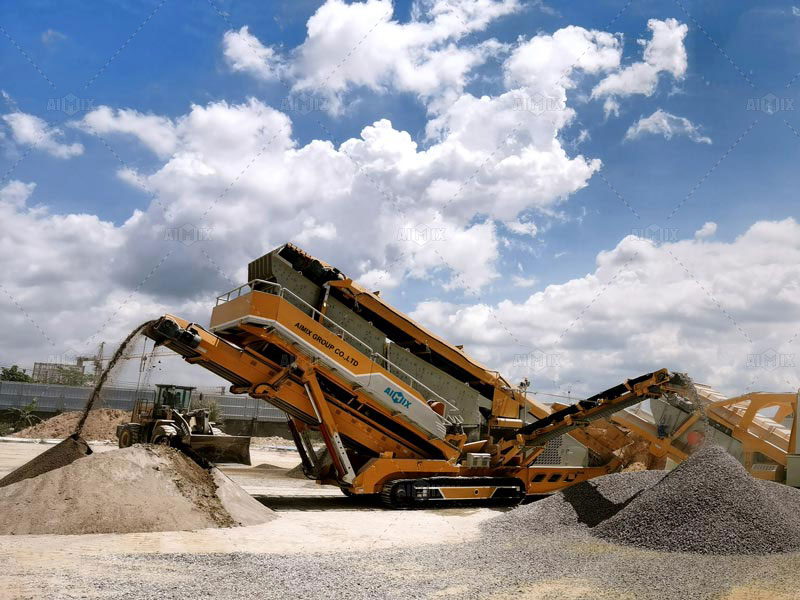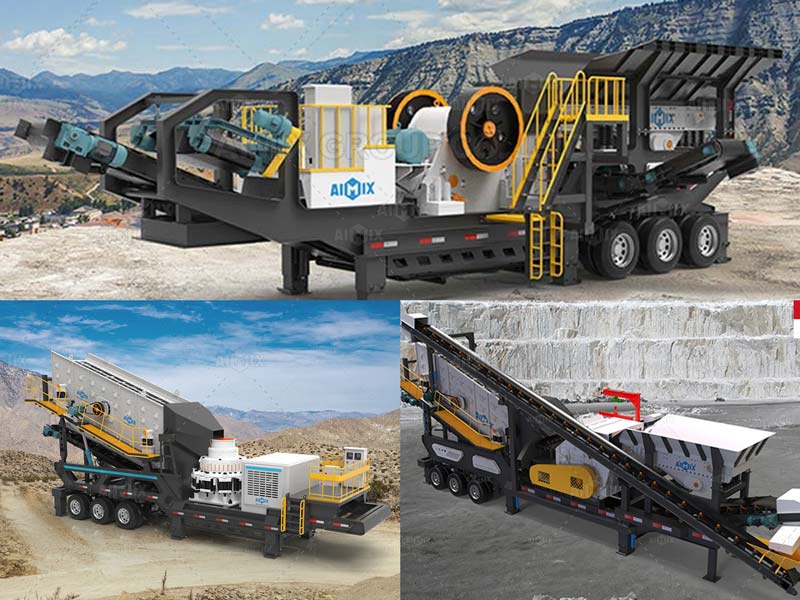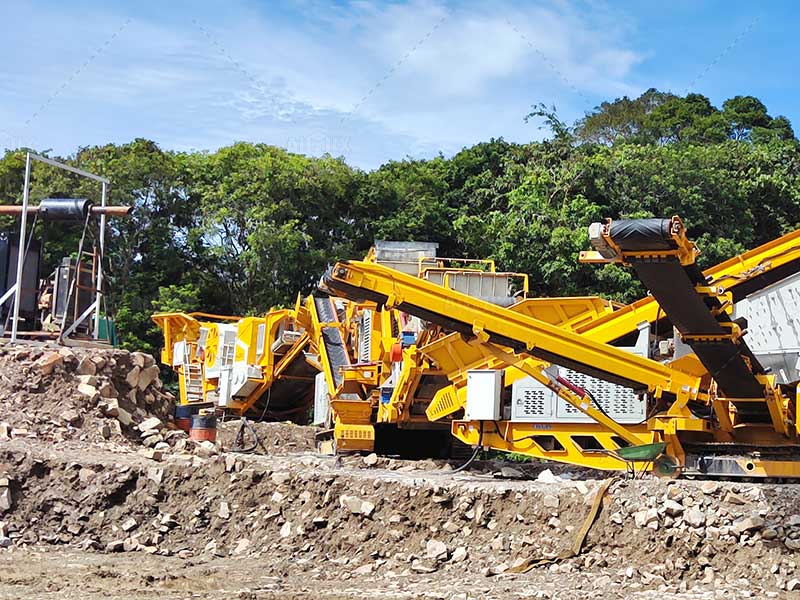Installing a mobile crusher plant offers numerous advantages, from flexibility to efficiency. However, one crucial question often arises: “Do I need special permits or permissions to install a mobile crusher plant?” This article delves into the essential aspects, helping you understand the regulatory landscape and ensuring your project runs smoothly.

Understanding the Regulatory Requirements
Before you set up a mobile crusher plant, you must navigate various regulations. These rules ensure safety, environmental protection, and community well-being. The requirements can vary widely based on location, type of material processed, and the plant’s size.
Local Zoning Laws and Land Use Permits
Local zoning laws dictate how land can be used within specific areas. These laws ensure that the mobile crusher plant for sale aligns with community standards. To comply, you may need a land use permit. This permit confirms that your project is suitable for the designated area.
Consult your local planning department to determine if your chosen site meets zoning requirements. Zoning laws can be complex, so professional advice might be beneficial. Ensuring compliance with these laws is the first step in securing your crusher plant’s installation.
Environmental Permits
Environmental protection is a top priority in any construction project. Installing a mobile crusher plant involves processes that could impact the environment. Thus, environmental permits are often necessary.
These permits assess the potential environmental impact of your operations. They cover air and water quality, noise levels, and waste management. Failing to secure the necessary environmental permits can result in fines or project delays. Engage with environmental agencies early to streamline the process.
Construction Permits
Construction permits are another critical component. These permits ensure that your mobile crusher plant adheres to safety and building codes. They cover structural integrity, electrical systems, and fire safety.
To obtain a construction permit, submit detailed plans of your crusher plant. Include specifics like layout, materials, and safety measures. Working with experienced contractors can help ensure your plans meet all requirements, expediting approval.

Steps to Obtain Necessary Permits
Research and Planning
Start by researching local regulations. Contact local authorities and environmental agencies to understand the permits required. Gather information on application processes, fees, and timelines.
Prepare Documentation
Accurate and detailed documentation is crucial. Prepare site plans, environmental impact assessments, and safety protocols. These documents support your permit applications and demonstrate your commitment to compliance.
Submit Applications
Once your documentation is ready, submit your permit applications. Ensure you include all necessary information to avoid delays. Monitor the application process of the movable crusher and be ready to provide additional information if requested.
Compliance and Inspection
After obtaining permits, compliance with all regulations is mandatory. Authorities may conduct inspections to verify adherence. Regularly review and update your compliance measures to maintain standards.

Benefits of Proper Permitting
Securing the necessary permits for your mobile crusher plant offers significant benefits. It ensures legal compliance, avoiding fines and project interruptions. Additionally, it enhances your project’s credibility with stakeholders and the community.
Moreover, proper permitting promotes environmental stewardship. By following regulations, you minimize the ecological impact of your operations of the crusher plant for sale. This approach fosters positive relationships with environmental agencies and the public.
Common Pitfalls to Avoid
Ignoring Local Regulations
Overlooking local zoning and land use laws can lead to severe consequences. Always verify that your chosen site complies with these regulations.
Underestimating Environmental Impact
Failing to secure environmental permits can halt your project. Conduct thorough environmental assessments to identify potential impacts and mitigate them effectively.
Incomplete Documentation
Submitting incomplete or inaccurate documentation can delay permit approval. Ensure all information is correct and comprehensive to facilitate a smooth application process.

Conclusion
Installing a mobile crusher plant requires careful attention to regulatory requirements. From zoning laws to environmental permits, understanding these aspects is crucial for a successful project. By researching local regulations, preparing thorough documentation, and ensuring compliance, you can avoid common pitfalls and ensure a smooth installation process. Proper permitting not only ensures legal compliance but also promotes environmental stewardship and enhances your project’s credibility. Stay informed and proactive to navigate the permitting landscape effectively. Learn more about the portable crushing plant now!
